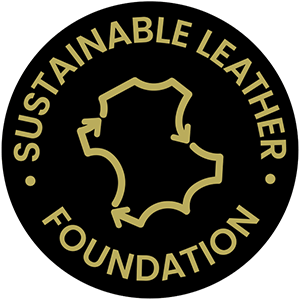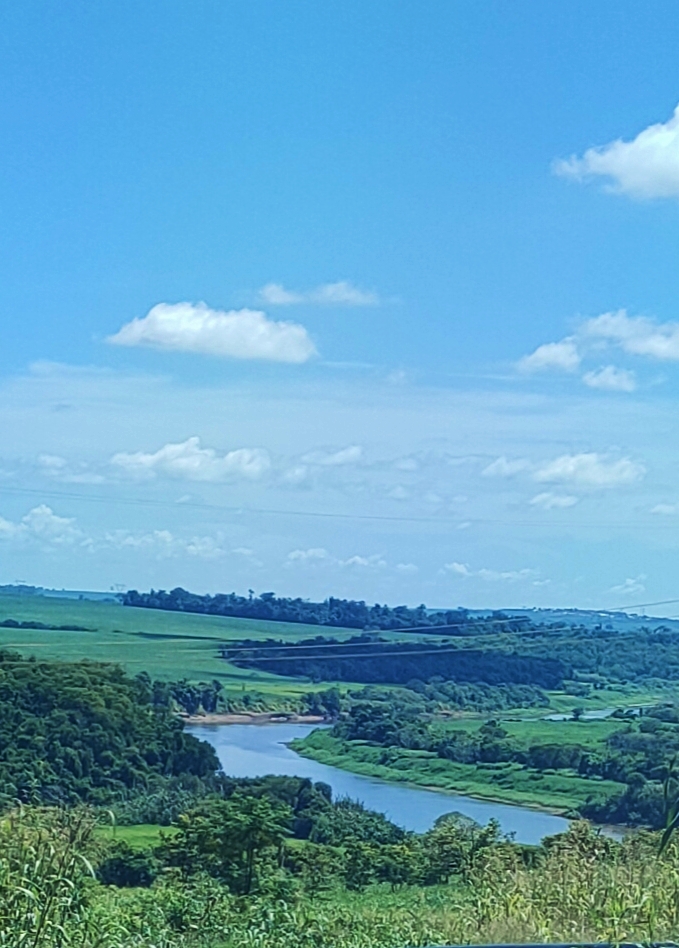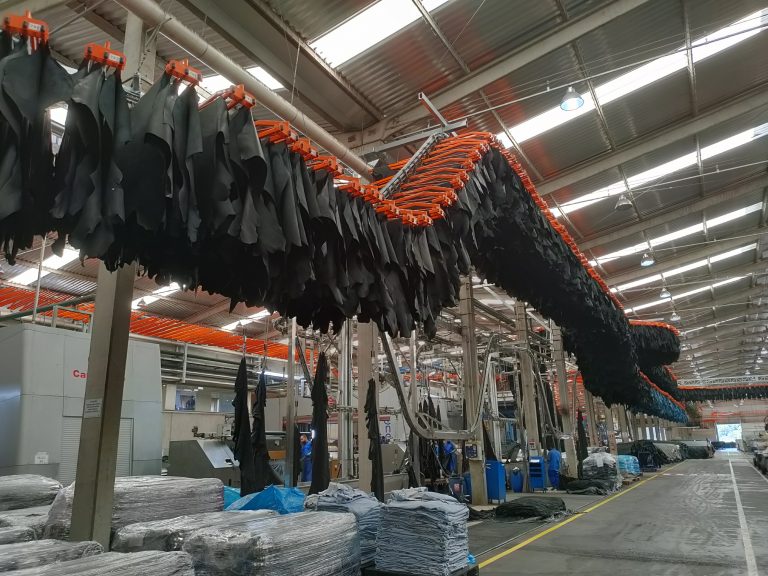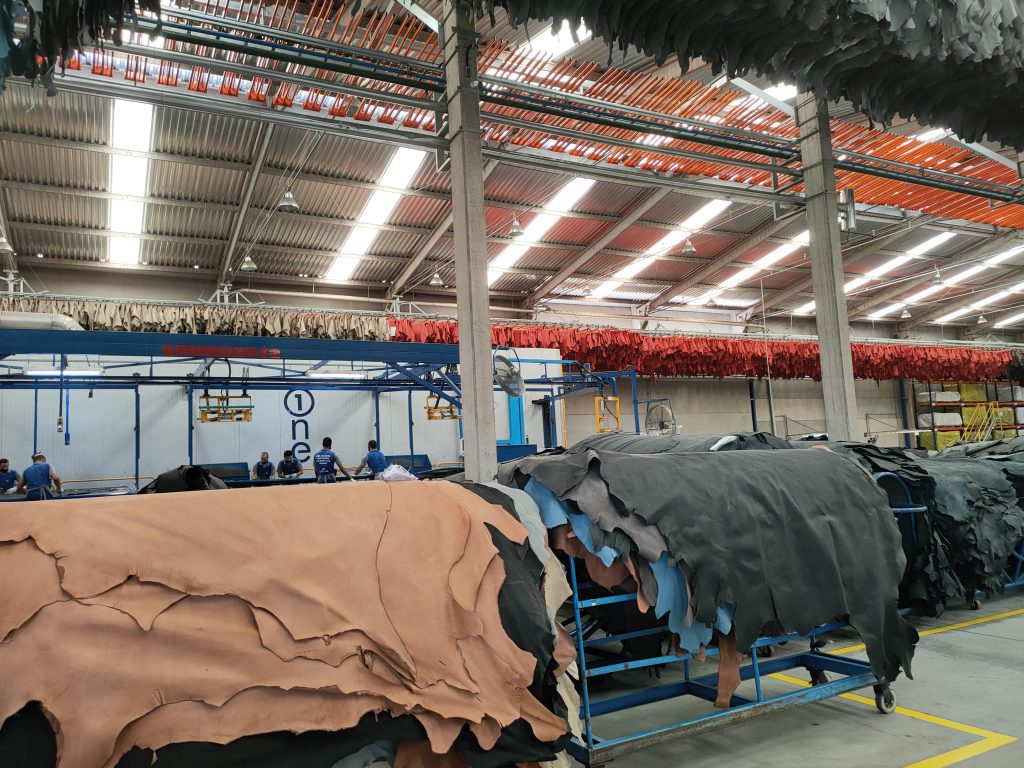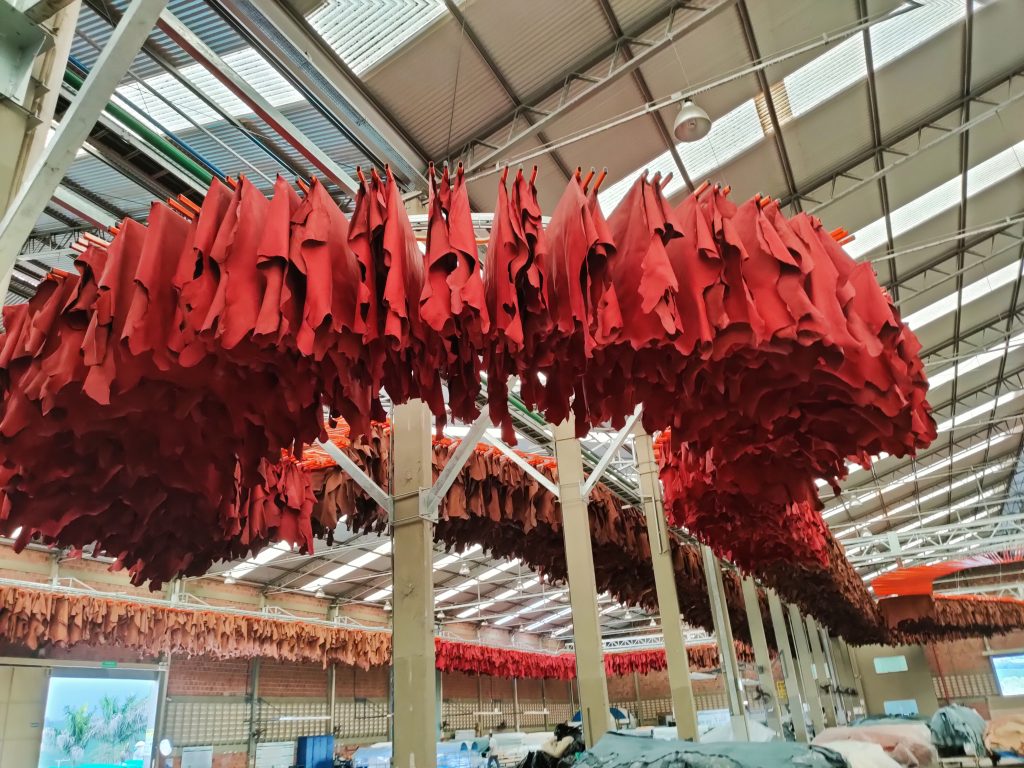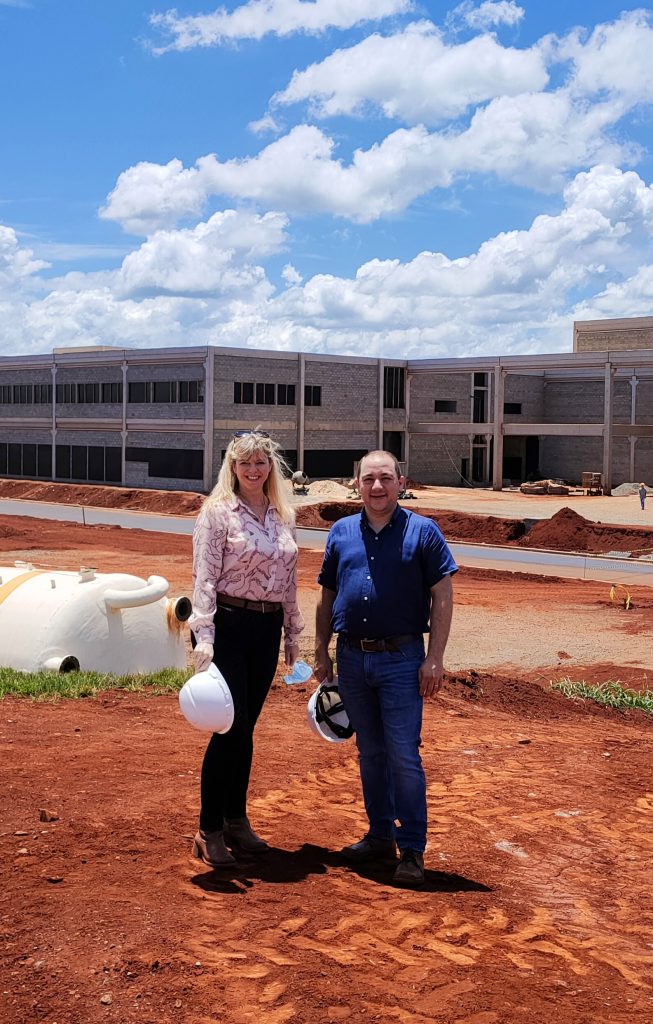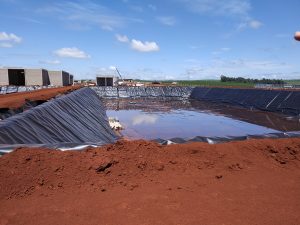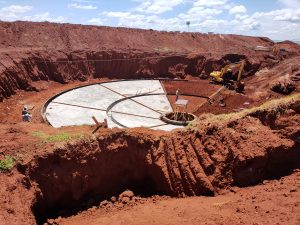In January, our Managing Director, Deborah Taylor, was invited to Brazil to learn first hand about the challenges facing the leather industry and how they are working to meet those challenges.
“In January I had the good fortune to visit meatpackers, tanneries, chemical plants and other facilities in Brazil. When I say, “good fortune”, I mean it – too often commentators and activists make sweeping statements and generalisations without ever having stepped foot in a country or walked in the shoes of the people concerned. A long believer of the principle that if you want to actively support improvement then you need to visit the regions, the people and the organisations, for me it is always important to get a real world understanding of the risks, sensitivities and challenges.
This was not my first visit to Brazil, but this time I travelled to a different region and met with different stakeholders. However, what was not different was the main topic of concern – deforestation. A long-term challenge that has increased in visibility and impact over the last decade, and that also comes with a lot of blame but without a lot of unified effort for solutions.
Often with major environmental concerns, the media coverage and reports tend to focus on the worst example of the problem, without providing the reader with the wider context and nuances. It is sometimes the case therefore that consumers can assume that there are no good actors in a high risk area. There are many supply chains and organisations who are working together to improve standards and in Brazil’s case remove deforestation from their operations.
Please don’t misunderstand, there is a real problem and there are supply chains that are complicit (knowingly or unknowingly) but, as with most sustainability concerns, we need to keep a balanced perspective and understand that it is not always as black and white as some would have us believe.
The visit was intended to give me a better understanding of the scale of the challenge in ending deforestation and also an overview of some of the initiatives already in place.
My first meeting was held in one of the largest meatpacking facilities in Brazil – Marfrig. I was welcomed without reservation and spent an afternoon learning about the measures in place to secure their supply chain and the ongoing efforts to meet their obligations in line with public commitments and targets.
A sophisticated software system is in operation that identifies farms, and within those farms any deforested areas are also marked, all done through satellite and GPS systems (known as the CAR system). The company has a program in place to actively work through their supply chains and have mapped out their supply at low, medium and high risk.
Transportation of cattle is also monitored under the GTA tracking system and the company has invested heavily in software and IT to try to create the assurance of supply that they understand is necessary. However, the scale of the problem is sometimes underestimated and according to the most recent data that was presented to me, there are approximately 2.5 million ranchers in Brazil raising approximately 187 million head of cattle. These huge volumes mean that any system to support traceability will require a consolidated approach that will take time.
My next visit was to two tanneries, Vancouros and Internacional – sited next door to each other, although owned independently, these facilities demonstrated the kind of well run, efficient tanneries that we are coming to expect in our industry. There was no pre-warning of my visit so I saw what a normal day looked like. A busy, efficient site, except for one department which was noticeably quiet – it transpired that this team were in their monthly training session and as I peeked through into the meeting room, I was pleased to see a PowerPoint presentation of a well-known certification company being viewed.
Before, too long the team were back at their workstations and the normal noises of the tannery resumed.
What was most impressive during this visit was how the two organisations had found ways to work together for common concerns, while preserving their own commercial integrity. The power of working together to find solutions was evident but even so, the individuality of the two businesses was clear.
Vancouros also has significant IT in place to support traceability and supply chain mapping for its customers. From the outside, looking in, and also considering what I was shown at Marfrig, what would take them to the next level would be the ability to combine the different systems they are all adopting to find a common approach that will protect their individual data while providing an overarching assurance of supply. This is where the solution will really become impactful. IT alone will not be enough – it will require cooperation, incentives, economies of scale, education and support – a whole raft of measures working together.
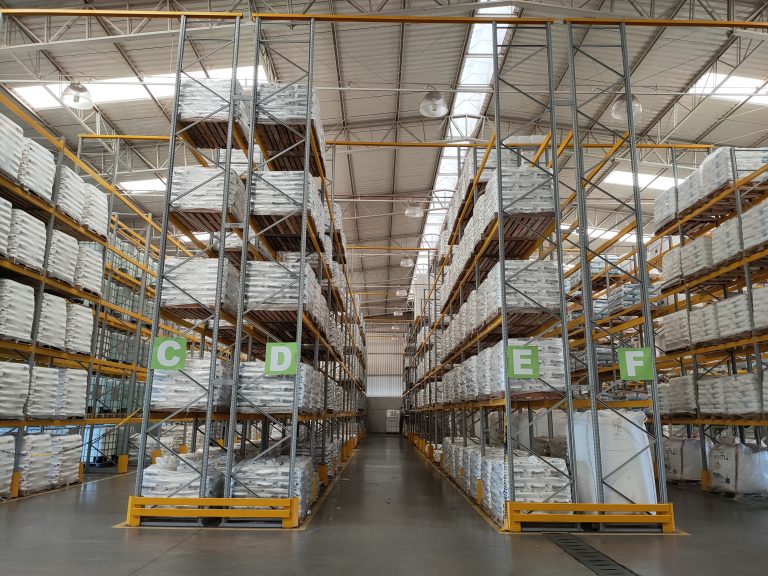
During my visit I also toured an immaculate Chemical Manufacturing Plant – Innovare, purpose built to provide tailor made recipes for specific tanning consistency at the highest level. This was a real example of commitment and investment to create a sustainable model of tanning chemistry designed for the future.
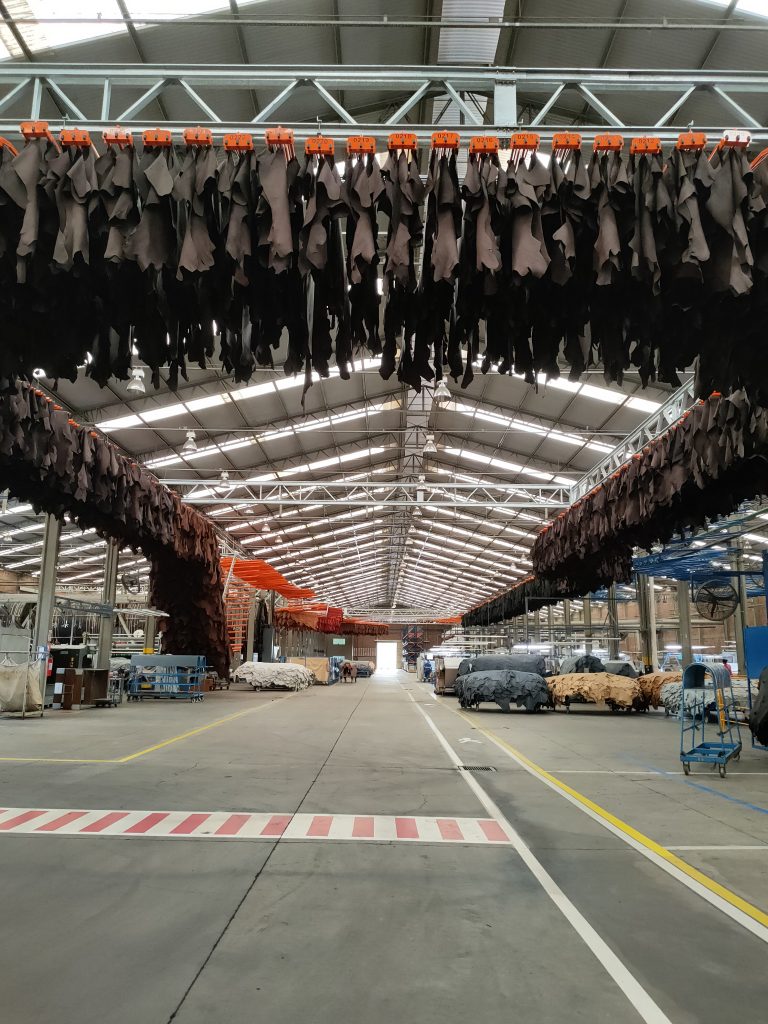
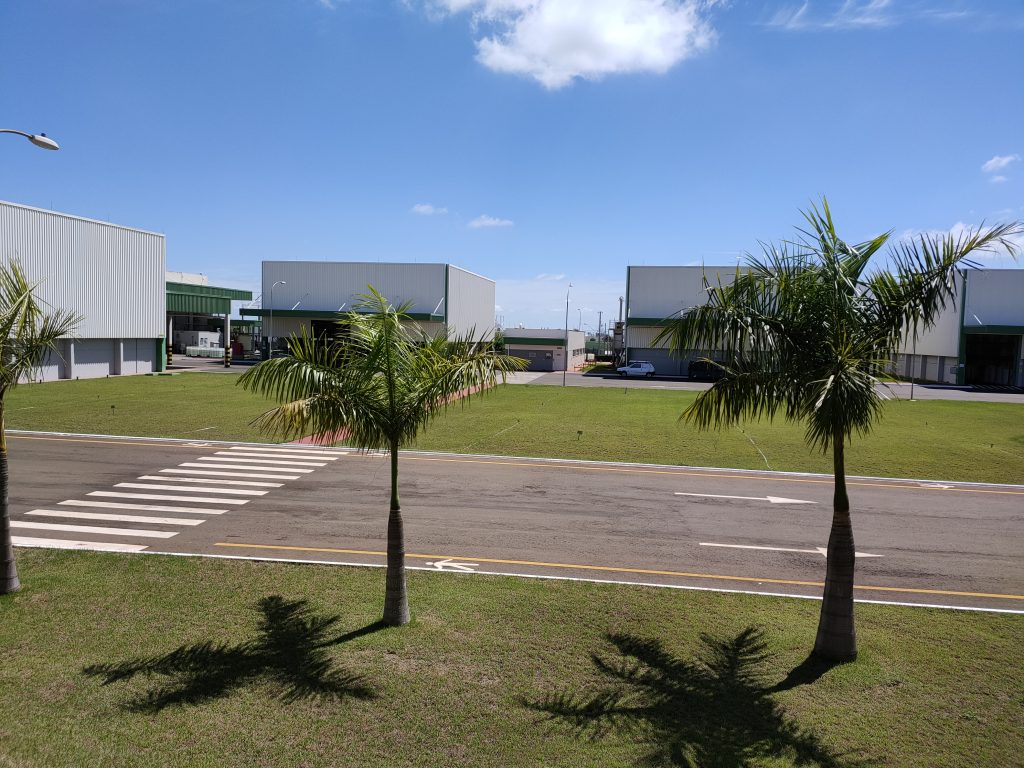
One of the other visits I made was to a new plant being built and the obligations that must be met for any new development was further evidence of a country that understands its responsibilities and is working to protect the environment which makes up their country. Measures, such as ensuring 10% of all developed land is forested, guidelines around protecting rivers and ensuring replanting is part of the natural business model.
Understanding the shift of a country where just a few decades ago people were actively encouraged to move into the forests and clear the land with incentives, to one now where we are looking to reverse that damage and not just halt further deforestation but actively encourage the reintroduction of forested areas, is no small task. Finding the right solution, creating the right tools, and implementing a system that is supported by all sectors is now the challenge. Sustainable Leather Foundation is committed to supporting the Brazilian leather industry to rise to that challenge and actively work on a solution.
Doing nothing is not the answer.
Walking away is not the answer.
Signing another commitment is not the answer.
Working together to find the solution is the only answer.
SLF is looking forward to being part of the solution!
Thank you to everyone who took time to talk with me, show me their facilities and demonstrate their progress!”
In April 2021, SLF published our “Pathway to No-Deforestation and Preservation of Biodiversity”. Click here to read the paper and learn more about our work in this important area.
Pathway-to-no-deforestation-and-preservation-of-biodiversity
For more information on SLF’s work on Traceability and our solutions-based approach, or if you would like to join us as a partner to support the Foundation’s work, please contact:
